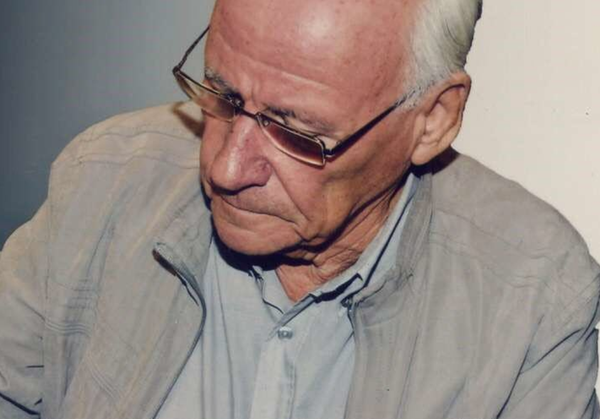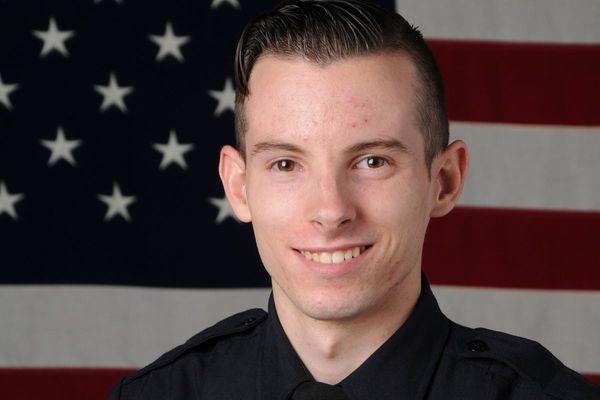TORONTO — When Tonya Williams began acting in the late 1970s in Canada, she noticed she was often the only person of colour in the room.
Jobs were few and so she moved to Los Angeles where she booked a little soap called "The Young and The Restless," in which she would star for the next two decades.
As years passed, the London-born, Oshawa, Ont.-raised actor thought often of the Canadian industry and how it seemed to lag when it came to diversity on and off the screen.
And so, in 2000, she launched the Reelworld Film Festival and, a year later, the Reelworld Screen Institute, in hopes of empowering racially diverse talent.
"There is nothing more powerful than people who feel they're invisible looking at the screen and feeling validated as human beings because someone has said, 'You are worth it,'" says Williams.
"Reelworld comes from the impact I felt seeing a Black person on television for the first time. I thought, 'This looks like my parents, this story seems like my lived experience.' When people talk about white privilege, that's it. Most white people don't sit in awe watching TV and seeing themselves."
Reelworld marked the first of many organizations dedicated to creating real change and marching past the gatekeepers, but Williams says we still have a ways to go.
It was just two years ago that 75 Black Canadian filmmakers and actors signed an open letter to the federal government, a major investor in the entertainment industry, demanding an end to "systemically racist policies" and an acknowledgment of "anti-Black racism in the Canadian screen-based industries."
According to the 2021 "Being Seen" report from the Black Screen Office — a Toronto-based organization that fosters Black talent — Black and people of colour remain "severely underrepresented."
The report cites the 2016 Canadian census, which found that 22 per cent of the Canadian population are visible minorities while, at the time, only five shows commissioned by a major network were led by Black creatives. This month's premiere of CBC's Black-led period series "The Porter" will mark the sixth.
Otherwise, there are no reports on visible representation in Canadian media. In fact, data collection on people of colour in the entertainment industry has remained slim for decades. Without it, it is not only tougher to acquire funding, but to ascertain if progress has been made.
It's why, in 2020, Williams created Access Reelworld, a national database and job board for diverse Canadian talent.
In the two years since the open letter, numerous initiatives dedicated to developing diverse talent have launched, including the Black Screen Office, HireBIPOC and the Black Academy, founded by Toronto actors Shamier Anderson and Stephan James.
Last week, the Fabienne Colas Foundation announced the launch of the Festwave Institute to support underserved Black talent, in addition to its mentorship and film festival programs. It's funded in part by Ottawa's Ecosystem Fund, which launched in 2020 to strengthen Black entrepreneurship in various sectors.
Because there have been so few Black filmmakers for so long, Williams says the burden to "be something for everybody" has itself been a barrier to success. But she says opening doors is bound to lead to a greater variety of Black stories.
"The real commitment to put funding into racial diversity for really the first time has allowed new organizations to pop up and for (all of us) to do something truly significant," she says.
Along with "The Porter," upcoming projects include Global's action series "Robyn Hood" and CBC's docuseries "Black Life: A Canadian History," while recent adds include Superchannel's family comedy "The Parker Andersons," and CBC Gem's anthology series "21 Black Futures."
"There are filmmakers who are getting projects up and running — short films, features, documentaries, series," says Cameron Bailey, CEO of the Toronto International Film Festival.
But it's not just about the artists, he adds.
"It's about who is supporting their work, who's going to broadcast it, who's going to finance and fund it. That infrastructure in the industry is and needs to be growing and opening its doors to Black voices."
There is particular need to support Black women, says Frances-Anne Solomon, an award-winning filmmaker and the founder of CaribbeanTales, a Toronto-based charity that elevates Caribbean voices on the screen.
She recently launched the CaribbeanTales Black Incubator and Studio Access Project, which focuses on women and non-binary creators.
According to the 2021 "Women in View" report from BIPOC TV & Film, of the 43 per cent of women in key creative TV roles in 2019, only 6.44 per cent were Black or of colour.
"There is a lot of work to be done to undo the biases within our industry as it relates to women of colour. As somebody who's worked in this industry for 30 years, I know what that discrimination is about," says Solomon.
"So while I do think there has been major change, I don't think it's benefited women in the same way. The changes that need to happen are systemic.
"Barriers to equality exist within the funding organizations, the distribution organizations, every sector of the industry. If you get through one, then you hit another. Now is the time to push and to call out and to claim."
Williams said she'd like to see stronger, more supportive infrastructure that makes space for Black creators to make mistakes and "play outside the box."
"Young people ask me how I knew how to build Reelworld, and the fact is I didn't know anything," she says.
"I was stumbling along, I made pretty much every mistake you could possibly make.
"I learned as I went, but I never gave up because I don't see the thing that people call failure. I see a good lesson."
This report by The Canadian Press was first published Feb. 14, 2022.
Sadaf Ahsan, The Canadian Press
Note to readers: This is a corrected story. A previous version that moved Feb. 14 included embargoed material that has been removed.







